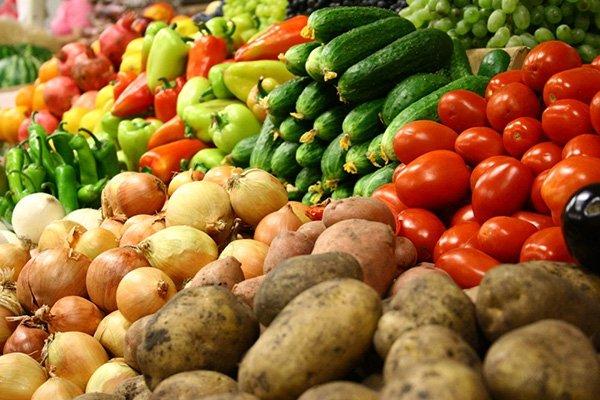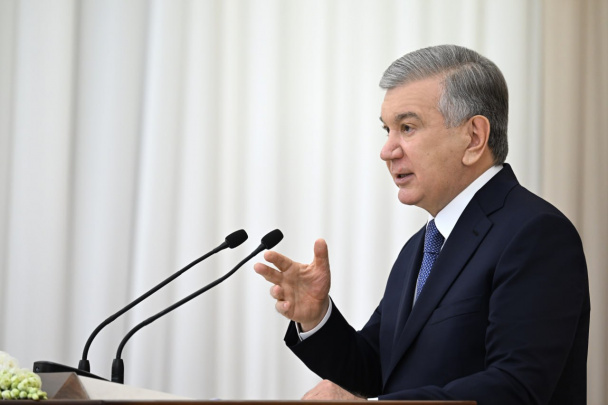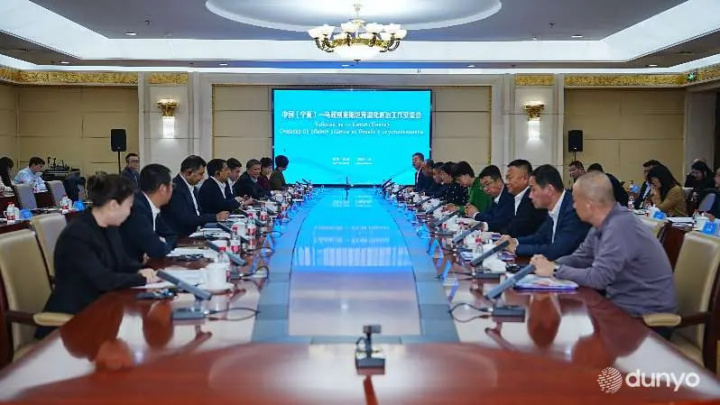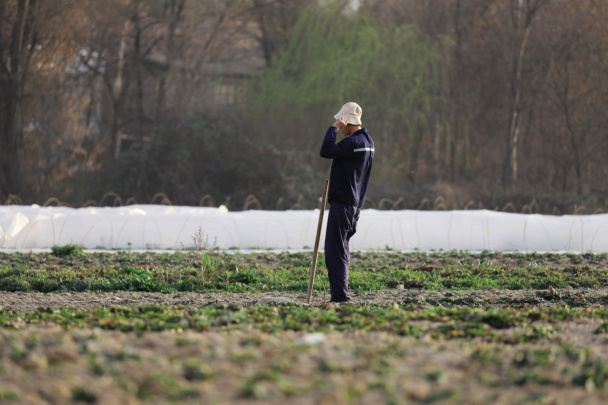Progress on food security and nutrition stagnates in Europe and Central Asia

Over 14 million adults, and some 4.7 million children in Europe and Central Asia suffer from severe food insecurity - as defined by the Food Insecurity Experience Scale (FIES) - the Food and Agriculture Organization of the United Nations said in a report released on Dec. 11.
The Regional Overview of Food Security and Nutrition: Europe and Central Asia 2018 analyzes a wealth of country data on dietary energy supply, undernourishment and nutrition indicators, such as stunting and wasting, anaemia, overweight and obesity, and the effects of the shifts in people's diets.
FAO estimates that some 2.1 percent of the region's total population of nearly one billion was exposed to severe food insecurity in 2015-2017 based on FIES data.
"While the prevalence of severe food insecurity in Europe and Central Asia at around 2 percent is far lower than the world average of 9.2 percent, it is still cause for concern especially in those countries with persisting hunger and malnutrition," said FAO senior policy officer Ariella Glinni, the report's principal author.
"We want to make sure no one is left behind and that there is access to nutritious food for all," Glinni added. "To achieve this we also need to better understand the situation of different population groups, address the key underlying issues such as poverty, economic and social inequalities, conflicts and other factors".
In the last decades, the region as a whole has achieved significant progress in fighting food insecurity, however, since 2014 the decreasing trend on the prevalence of undernourishment has been stagnating at 6 percent, and in 2016 and 2017 the number of undernourished people in Central Asia has been slowly growing in absolute terms.
Initial findings across the region show inequality between women and men in the prevalence of severe food insecurity. In the Caucasus, Central Asia, and European Commonwealth of Independent States countries, adult women were found with a higher rate of severe food insecurity than men.
"This signals more fundamental gender inequalities in societies, reflected in access to food as well as food utilization," Glinni said. "To ensure that all people, regardless of gender, have adequate food and nutrition, we need to promote coherent measures that can be taken at all levels and in different policy areas."
Related News

18:04 / 13.02.2026
President Mirziyoyev calls for strict price stability measures ahead of Ramadan

16:48 / 13.02.2026
Uzbekistan aims to boost car production to 510,000 units annually

10:25 / 03.02.2026
Tashkent and Beijing expand regional cooperation in green development and agriculture

18:48 / 20.01.2026




